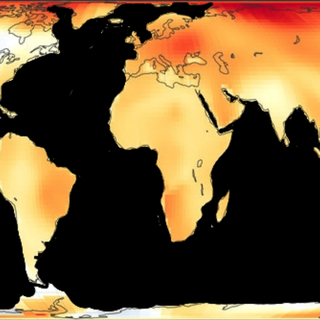The insect kingdom is experiencing “death by a thousand cuts” — losing 1 to 2% of its population annually — 56 international scientists have warned in a set of 12 studies.
Published in Proceedings of the National Academy of Sciences this week, the studies warned of an “insect apocalypse” materializing as a result of multiple stressors like deforestation, agriculture, introductions of non-endemic species, and climate change, among others. The study also listed light pollution among the principal stressors for insect populations worldwide, especially in urban and sub-urban regions.
The researchers noted that in addition to these environmental stressors, what makes the situation even more worrisome is that we are actively trying to get rid of insects, using pesticides and herbicides. Moreover, these chemicals can also be toxic to non-target insects that come into contact with a treated plant’s nectar and pollen. Experts pointed out that it’s ironic how humankind has “spent the last 30 years spending billions of dollars finding new ways to kill insects and mere pennies working to preserve them,” Doug Tallamy, an entomologist at the University of Delaware in the U.S., who wasn’t involved in the study, told the Associated Press.
Related on The Swaddle:
Air Pollution Is Impacting Health of India’s Bees, Wild Pollinators: Study
However, the scientists noted that they still haven’t been able to grasp the enormity of this decline in insects, or assess the extent of its impact on life as we know it. “Insect decline is kind of comparable to climate change 30 years ago because the methods to assess the extent, the rate [of loss] were difficult,” May Berenbaum, an entomologist from the University of Illinois, who also co-authored the study, told the media.
Not only are insects crucial to the ecosystem due their contribution to the food chain through pollination, but they also help break down and get rid of the world’s waste. Calling insects “absolutely the fabric by which Mother Nature and the tree of life are built,” David Wagner, an entomologist from the University of Connecticut in the U.S., added that “we’re creating a giant biological desert except for soybeans and corn in a giant area of the Midwest.”
But, it’s not too late — there’s still hope, scientists believe. “The good news is, with the exception of climate change, individuals can do much to reverse insect declines… This is a global problem with a grassroots solution,” Tallamy concluded.




